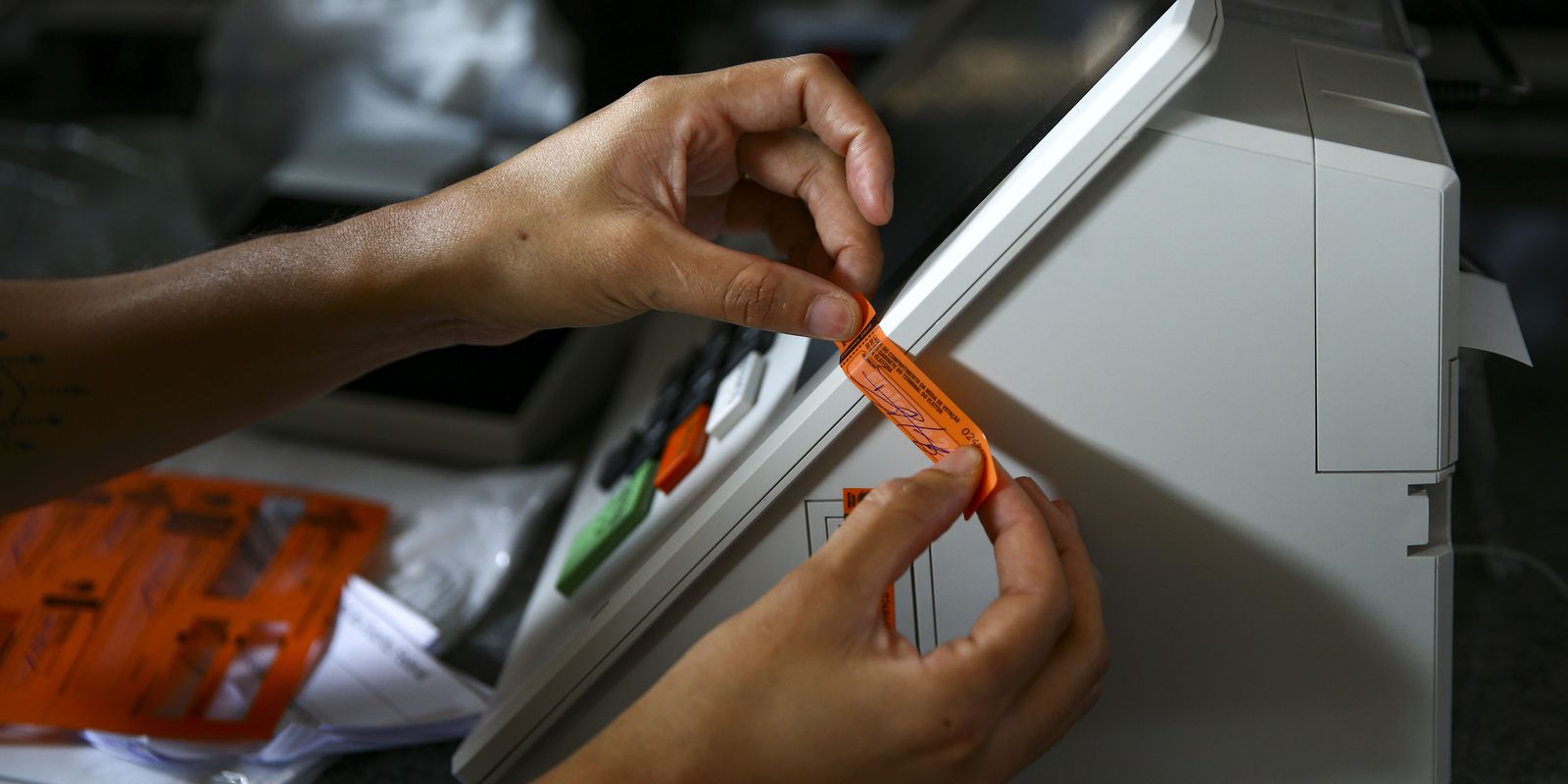On October 2, 163,000 accessible sections should receive 1.2 million voters with disabilities across Brazil, according to data from the Superior Electoral Court (TSE). There are still 476 people running for office in the 2022 election. More than half (264) are candidates with physical disabilities, followed by visually impaired (115) and hearing impaired (59). Among the candidates, 13 are people with Autism Spectrum Disorder (ASD).
In Amapá, the Regional Electoral Court (TRE) develops the Votar Sem Barreiras project, conceived by civil servant Militão Souza, who is part of the Permanent Commission on Accessibility and Inclusion. “I have a communication deficiency, with my speech, and this creates a very big barrier in relation to other people. Not everyone wants to hear from me. I faced many barriers to be able to walk my path”, told the coach to Brazil Agency.
In addition to seminars and lectures held internally with the court’s staff, the project takes the electronic voting machine to several municipalities in the state so that people with disabilities can try out the instrument before voting day. “There were a lot of nervous people, who had never handled the electronic voting machine, it was the first time. It is an opportunity”, says Militão, stressing that many said they were more confident to exercise the right to vote.
This is the case of Francisco Rafael, 18-year-old student at the Federal Institute of Amapá (IFAP), who goes to the polls for the first time. “It gets easier, it’s better for people who have physical difficulties, who have vision difficulties. It is a wonderful and important program for us”, the young man who has reduced mobility and intellectual disability told TV Justiça.
The model of the ballot box used on election Sunday has a Braille keyboard, identification of the number five key on keyboards; sound signal in which the number and name of the candidates chosen by the voter are informed (the resource must be accessed through a headset provided by the Electoral Justice); and Brazilian Sign Language (Libras). For the sound feature, the voter can adjust the sound volume and speech playback speed.
Rights and duties
Voting in Brazil is mandatory for Brazilians who are 18 and under 70. According to the Federal Constitution of 1988, it is optional only for young people aged between 16 and 18, over 70 and illiterate. Literate people with disabilities therefore have the right and duty to vote.
In these cases, electoral registration may be optional in situations where the physical or intellectual disability or condition of the person makes the exercise of the vote extremely onerous. The need for permanent electoral discharge is analyzed by a judge based on the documentation presented, which must prove the difficulty, such as medical reports, for example.
In addition to accessible polling places and accessibility features at the ballot box, people with disabilities are entitled to a companion, even being allowed to enter the numbers in the ballot box. The companion, however, cannot be at the service of the Electoral Court, political party or federation of parties. The TSE emphasizes that, as the vote is a very personal act, the person with a disability must express the desire to vote and to be accompanied.
Communication
In the election year, people with disabilities must inform the Electoral Court of situations that make it difficult to vote so that the polling place is adapted. This year, the deadline for this communication ended on May 4th and requests to transfer polling places could be made until August 18th.
According to the TSE, however, even if the voter has missed the deadlines, he must communicate the limitations to the polling station on election day so that the Electoral Court can provide possible solutions on election day, guaranteeing the exercise of citizenship.
The voter can also, on election day, fill out the Voter Identification Form with Disabilities or Reduced Mobility to authorize the electoral judge to note the disability in the electoral register.














